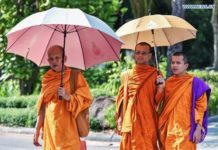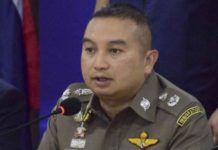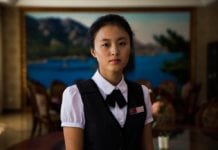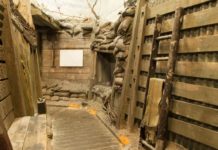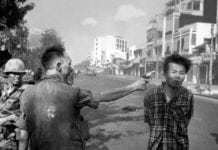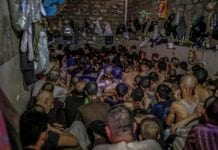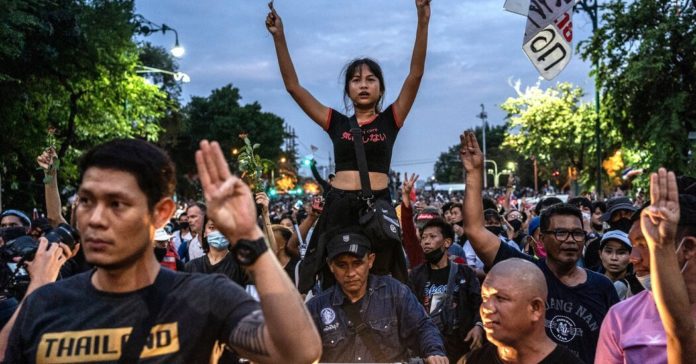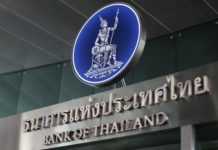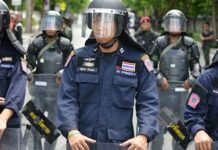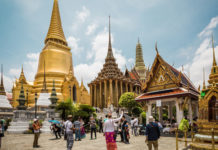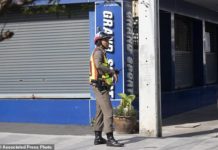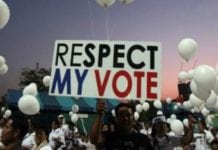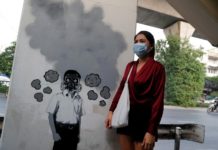Protests in Thailand could spiral into violence and lead to a military coup, analyst warns.
Thailand could potentially return to rule under the military junta again — if violence should flare up between pro-democracy student protesters and “counter-protesters” loyal to the establishment, one analyst told CNBC on Monday.
The pro-democracy protests, which have lasted for months, have been largely peaceful so far.
Among the protesters’ list of demands are the resignation of Prime Minister Prayuth Chan-ocha and reforms to the monarchy. Prayuth has ignored protesters’ deadline for him to step down.
Royalists — commonly known as the “yellow shirts” — have in recent weeks started to hold counter protests.
Last Wednesday, a small counter protest in Bangkok turned violent when a few attendees attacked student demonstrators on the anti-government camp, reported the Associated Press.
“I think that there’s going to be growing tensions which could actually develop into some conflict, perhaps some violent conflict and that’s very dangerous,” Paul Chambers, lecturer and advisor at Naresuan University’s Center of ASEAN Community Studies, told CNBC’s “Squawk Box Asia.”
“These peaceful protests are going to continue, try to continue on. However, there’s going to be some right-wing counter-protesters who I expect are going to try to create some violence, which could lead to some injuries and deaths and eventually, even potentially a military coup,” he said.
Chambers explained that if clashes between pro-democracy protesters and royalists grow, the military would have the “perfect rationale” to intervene.
That could put an end to the current “facade democracy” — which is indirectly dominated by the military — and mark the beginning of a new junta, he said.
Such a development will not bring much peace for the country, he added.
Thailand is no stranger to military coups, having last experienced one in 2014 engineered by the current prime minister.
Last year, the country held its first general election since that coup, which saw the military-backed Palang Pracharath Party lead the coalition government.
Prayuth — now retired from the army — was selected as prime minister by a parliament consisting of many appointed senators from the Thai military and police.

